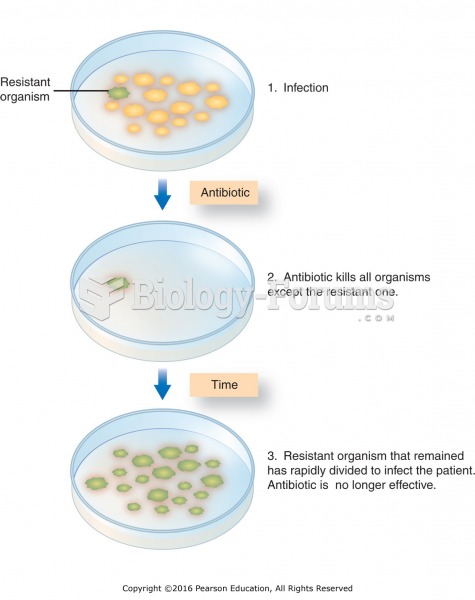This topic contains a solution. Click here to go to the answer
|
|
|
Did you know?
The immune system needs 9.5 hours of sleep in total darkness to recharge completely.
Did you know?
By definition, when a medication is administered intravenously, its bioavailability is 100%.
Did you know?
Urine turns bright yellow if larger than normal amounts of certain substances are consumed; one of these substances is asparagus.
Did you know?
Immunoglobulin injections may give short-term protection against, or reduce severity of certain diseases. They help people who have an inherited problem making their own antibodies, or those who are having certain types of cancer treatments.
Did you know?
Famous people who died from poisoning or drug overdose include, Adolf Hitler, Socrates, Juan Ponce de Leon, Marilyn Monroe, Judy Garland, and John Belushi.
 Giraffe extending its tongue to feed. Its tongue, lips and palate are tough enough to deal with shar
Giraffe extending its tongue to feed. Its tongue, lips and palate are tough enough to deal with shar
 General Andrew Jackson, on the horse, exhorts his men to throw back the advancing British; they succ
General Andrew Jackson, on the horse, exhorts his men to throw back the advancing British; they succ





